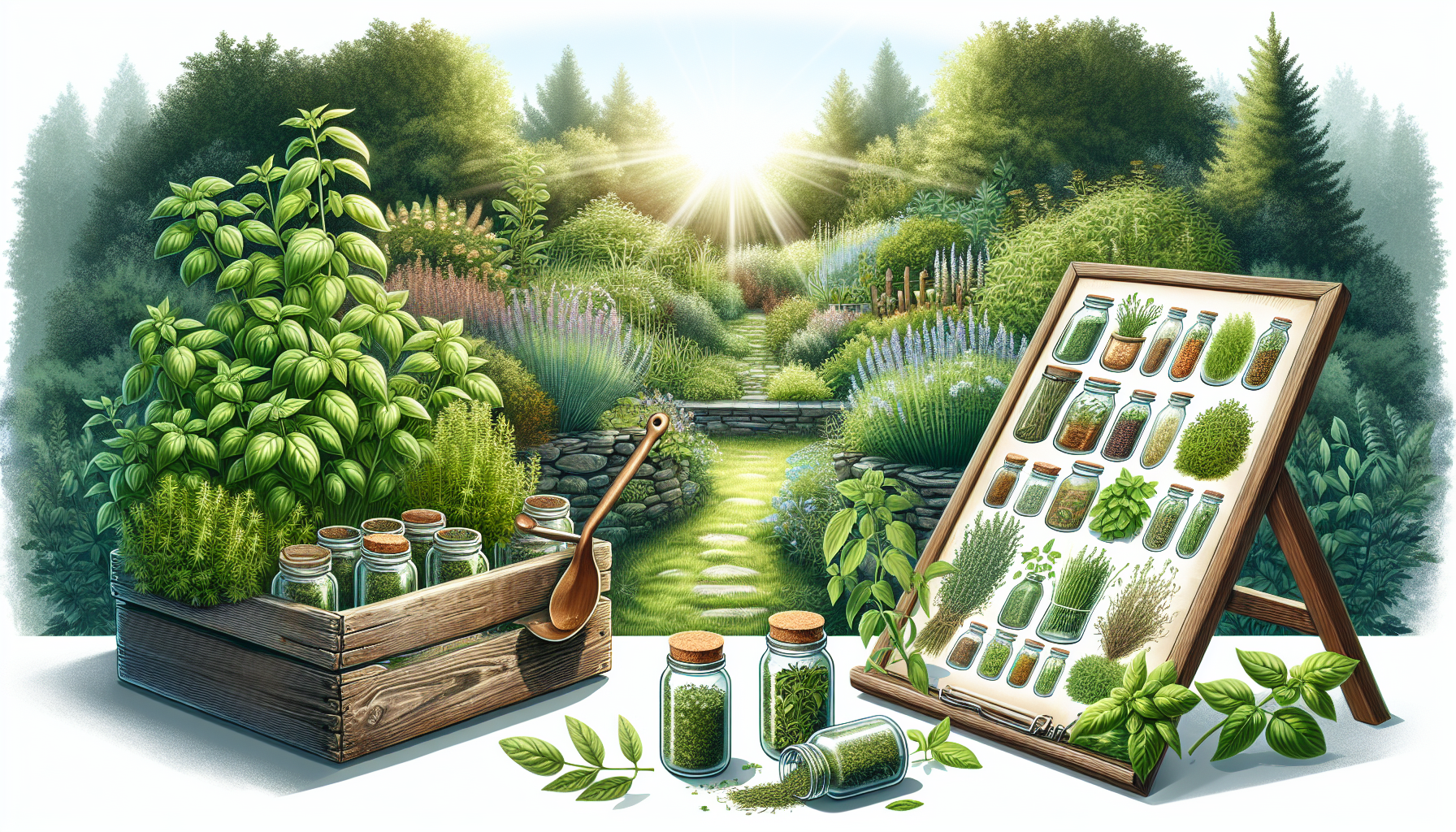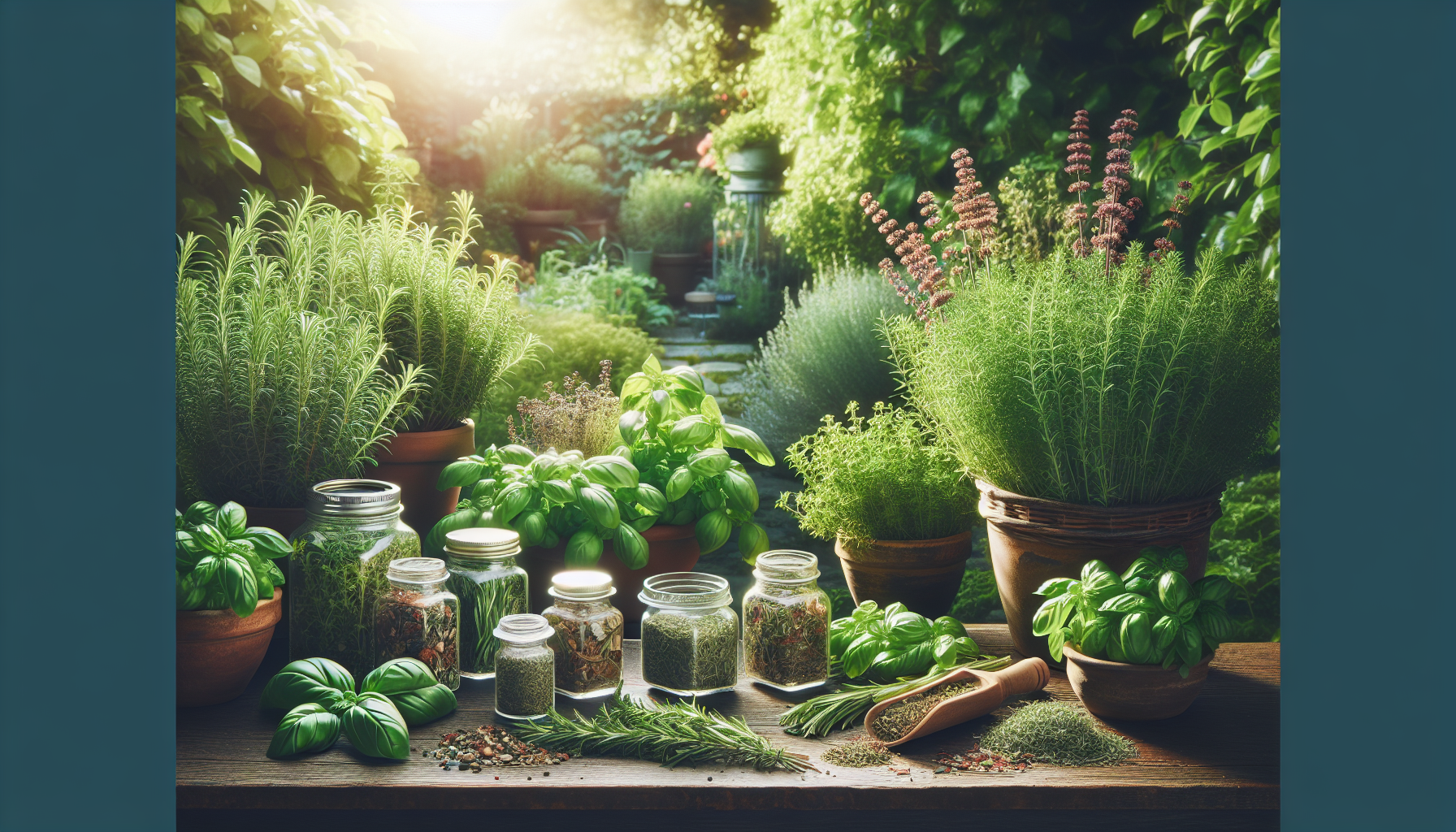Can you imagine relying on your own garden for essential herbs in emergencies? Growing and preserving herbs isn’t just a backyard hobby; it can be a lifeline when you find yourself in a pinch. Whether it’s the thrill of gardening or the satisfaction of knowing you’re prepared for unexpected situations, understanding how to cultivate and maintain a variety of herbs can be an invaluable skill.
Why Start an Herb Garden?
Starting an herb garden can be both delightful and practical. Herbs like basil, mint, and rosemary not only bring vibrant flavors to your meals but also possess medicinal properties. By cultivating your own herbs, you gain the advantage of having fresh, chemical-free products at your fingertips. Herb gardens can flourish even in small spaces, making them accessible for everyone, whether you live in a house with a yard or an apartment with a sunny windowsill.
Benefits of Growing Your Own Herbs
Growing your own herbs offers several benefits that extend beyond culinary flavoring. First, it provides you autonomy over what you consume, ensuring that everything is organic and free from unwanted pesticides. Additionally, herb gardening can be therapeutic and stress-relieving, promoting overall well-being. Let’s not forget the economic benefits; it’s often cheaper in the long run compared to frequently purchasing fresh or dried herbs from the store.
Best Herbs to Start With
When beginning your herb garden, you may wonder which herbs are the easiest to grow and most useful. Consider starting with these beginners-friendly herbs:
- Basil: Great for soups, sauces, and improving digestion.
- Mint: Good for teas, desserts, and digestive health.
- Rosemary: Excellent for enhancing meat dishes and improving memory.
- Thyme: Offers versatility in recipes and respiratory benefits.
- Parsley: Perfect for salads and rich in antioxidants.
Selecting a few of these as your starters can provide a robust assortment of herbs that cover a range of uses from cooking to remedies.
Growing Conditions for Herbs
Understanding the growing conditions that suit each herb is crucial for a thriving garden. While many herbs are quite forgiving, there are optimal conditions that can make a substantial difference.
Climate and Location
Identify your local climate and choose herbs that are best suited to it. Thankfully, herbs are often adaptable. You’ll generally want to ensure they get about 6-8 hours of sunlight a day, but some like mint prefer partial shade.
Soil Requirements
Herbs do best in well-drained soil. If your garden soil is dense, consider using raised beds or pots. Adding compost or potting mix can improve the soil quality. The pH level for most herbs is neutral, around 6 to 7.
Watering Guidelines
Herbs typically require watering only when dry. Overwatering is a common mistake and can lead to root rot. It’s best to water deeply and allow the soil to dry between waterings.
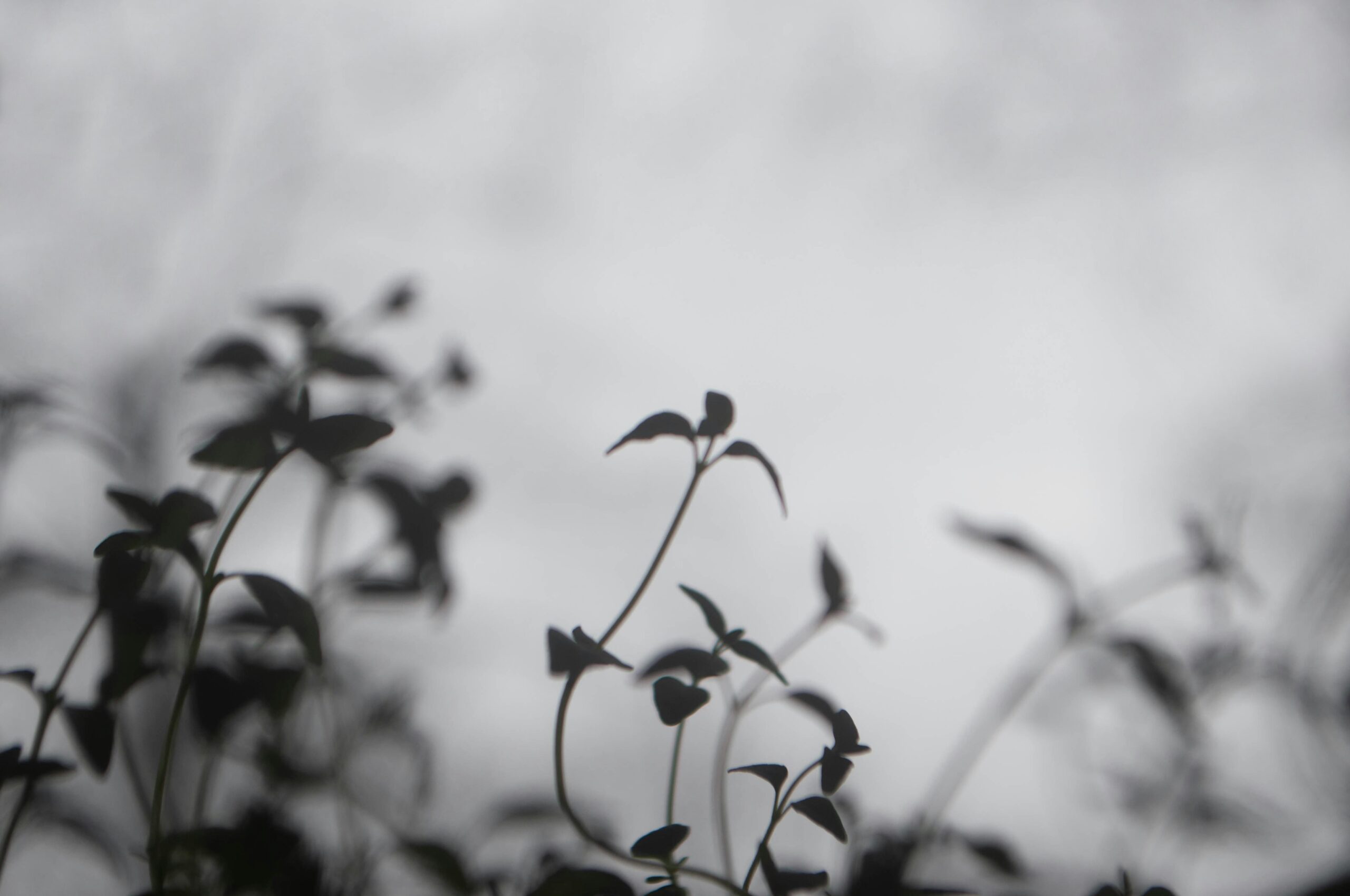
Preserving Herbs for Future Use
Once you’ve harvested your herbs, preserving them ensures that nothing goes to waste and they are available when needed.
Drying Herbs
One of the most effective methods is drying. This can be done through air drying or using a dehydrator. For air drying, tie small bundles of herbs and hang them upside down in a warm, dry place with good air circulation. You can use a dehydrator to speed up the process, which is especially handy in humid areas.
Freezing Herbs
Freezing is another excellent way to preserve herbs while retaining their color and flavor. Chop the herbs and place them in ice cube trays. Fill the trays with water or oil and freeze. This method is excellent for herbs like basil and parsley that may lose some flavor when dried.
Making Herb Oils and Vinegars
Infusing oils and vinegar with herbs can create wonderful additions to your pantry. These infusions can be used for cooking, dressings, or as medicinal concoctions. Simply place clean, dry herbs into a sterilized jar, cover with oil or vinegar, seal tightly, and let sit in a cool dark place for about four weeks before use.
Creating Herbal Teas and Tinctures
Making your own herbal teas or tinctures is another form of preservation. Dry your herbs and store them in airtight containers, ready to be used as tea. For tinctures, steep herbs like chamomile or peppermint in high-proof alcohol for several weeks and then strain. Tinctures are potent and used sparingly for therapeutic purposes.
Emergency Uses of Herbs
In emergencies, your herb garden can serve not just as a food source but as a natural medicine cabinet.
Common Medicinal Uses
Herbs can be a first line of defense in minor ailments. For instance:
- Lavender: Used for anxiety relief and to aid sleep.
- Chamomile: Helpful for stomachaches and calming nerves.
- Peppermint: Relieves headaches and assists digestion.
- Echinacea: Provides immune support during colds and flus.
Crafting Herbal Remedies
To make use of your herbs in emergencies, learn some simple crafting techniques. Salves, for example, are a mix of infused herbs and a carrier like coconut oil and beeswax. They can be used for cuts and scrapes. Herbal poultices, made from fresh or dried herbs, can be applied directly to the skin for swelling or pain relief.
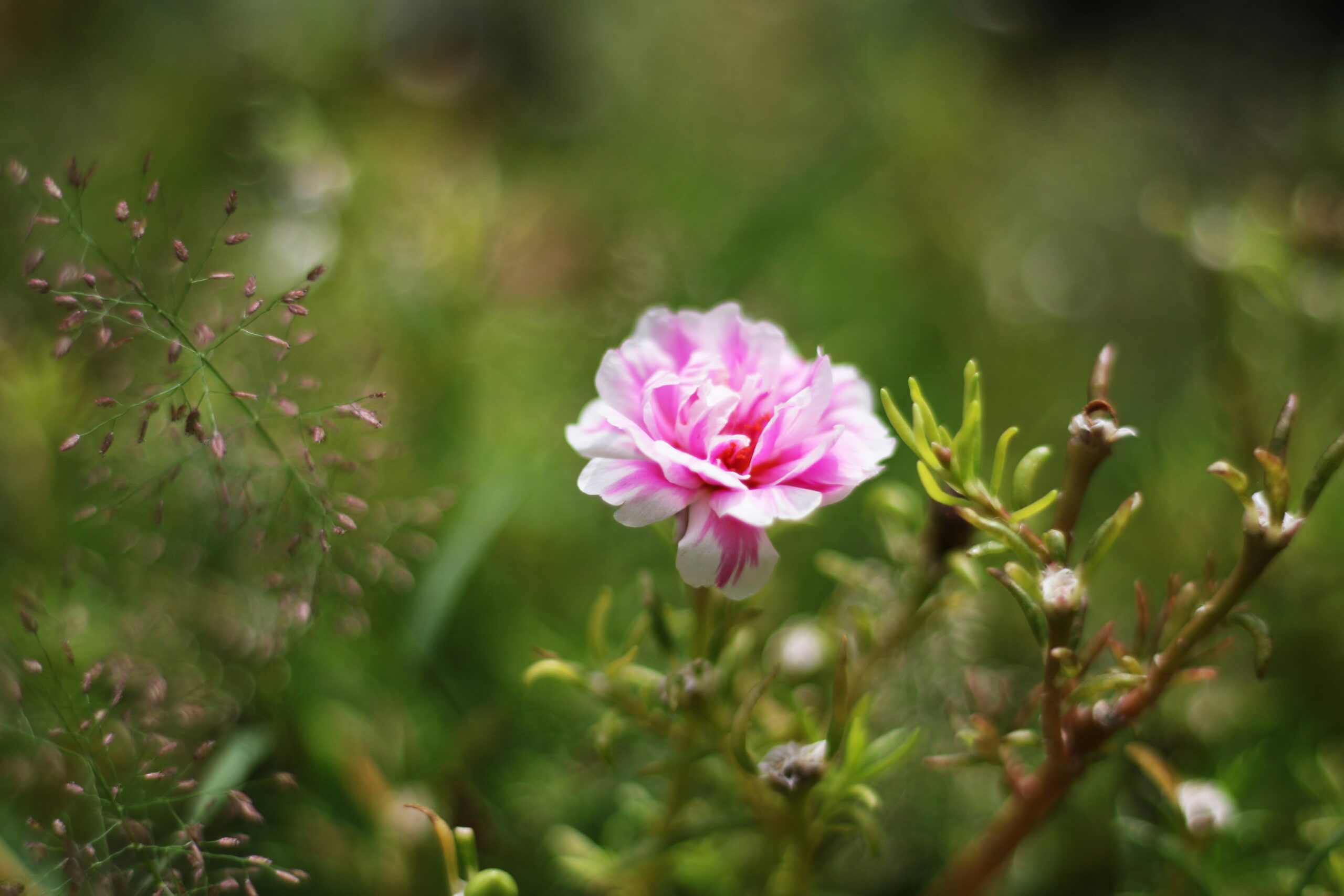
Essential Tools for Growing and Preserving Herbs
To make the most out of your herb gardening and preservation, having the right tools can make a significant difference.
| Tool | Purpose |
|---|---|
| Pruning Shears | For harvesting herbs and encouraging growth |
| Plant Markers | To label your herbs and remember where everything is planted |
| Garden Gloves | Protect hands while working with soil and plants |
| Pots and Containers | Ideal for growing in limited spaces or controlling soil type |
| Dehydrator | Efficient drying of herbs especially in humid climates |
Challenges You Might Face
Every gardener faces challenges, and knowing how to tackle them can help you maintain your herb garden successfully.
Common Pests and Diseases
Herbs are relatively hardy, but pests like aphids or diseases such as powdery mildew can occur. Aphids can often be managed by spraying plants with a mixture of water and dish soap, while mildew can be minimized by ensuring good air circulation.
Addressing Growing Pains
Sometimes herbs won’t grow as expected. If your plants seem stunted, it could be a sign of poor soil or incorrect watering. Adjusting your care routine can make all the difference.
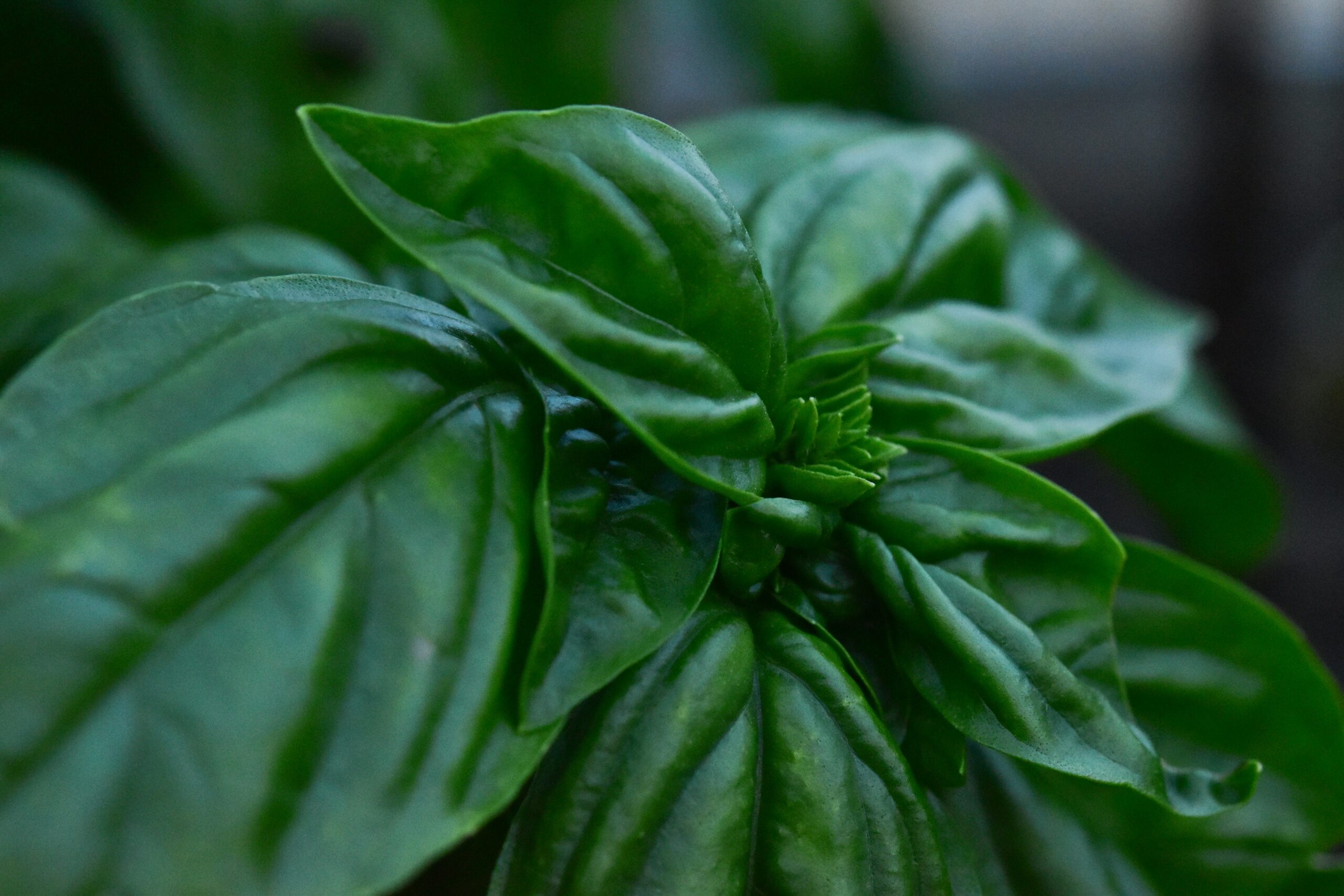
Tips for Success
Success in herb gardening comes with both knowledge and a bit of patience. Here are some tips for thriving:
- Rotate your herbs if they are planted in the ground, to prevent soil depletion.
- Harvest regularly to encourage new growth and deter pests.
- Companion plant herbs with vegetables, as many herbs naturally repel pests.
- Keep a gardening journal to track growth patterns and make adjustments as needed.
Conclusion: Embrace the Benefits
Now that you know how to grow and preserve herbs, you’re equipped not just as a gardener, but as someone prepared for emergencies. By cultivating an herb garden, you are enhancing your environment, advancing your culinary skills, and ensuring that you have access to natural remedies when needed. As you grow and reach for those preserved herbs, you’ll find both sustenance and peace of mind in your hands.
